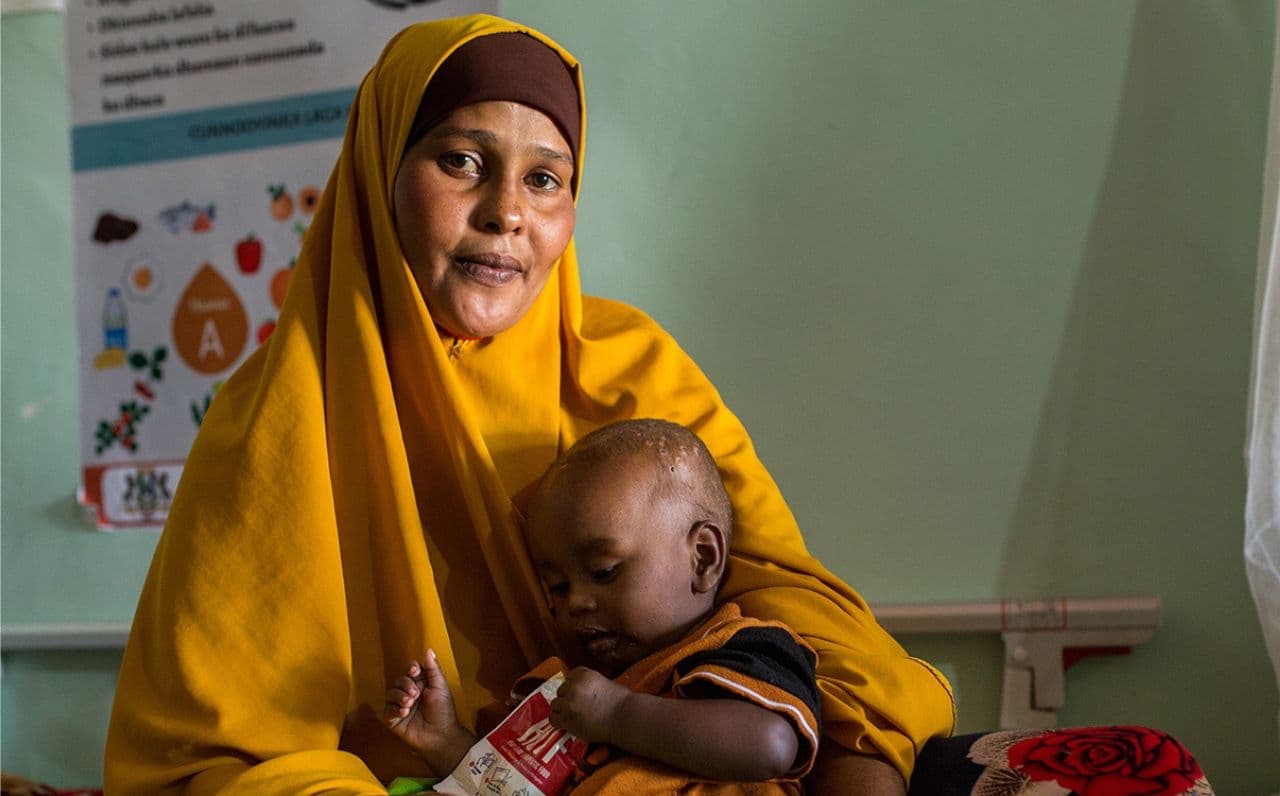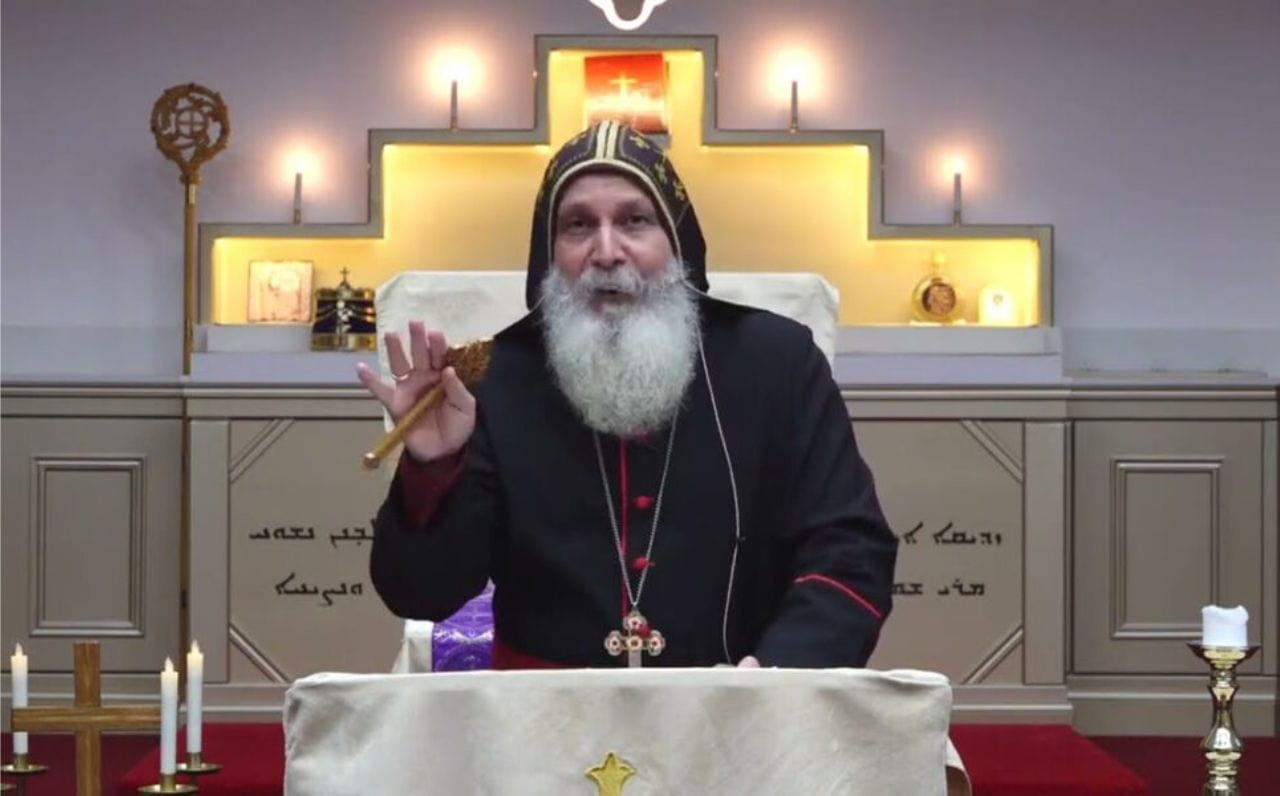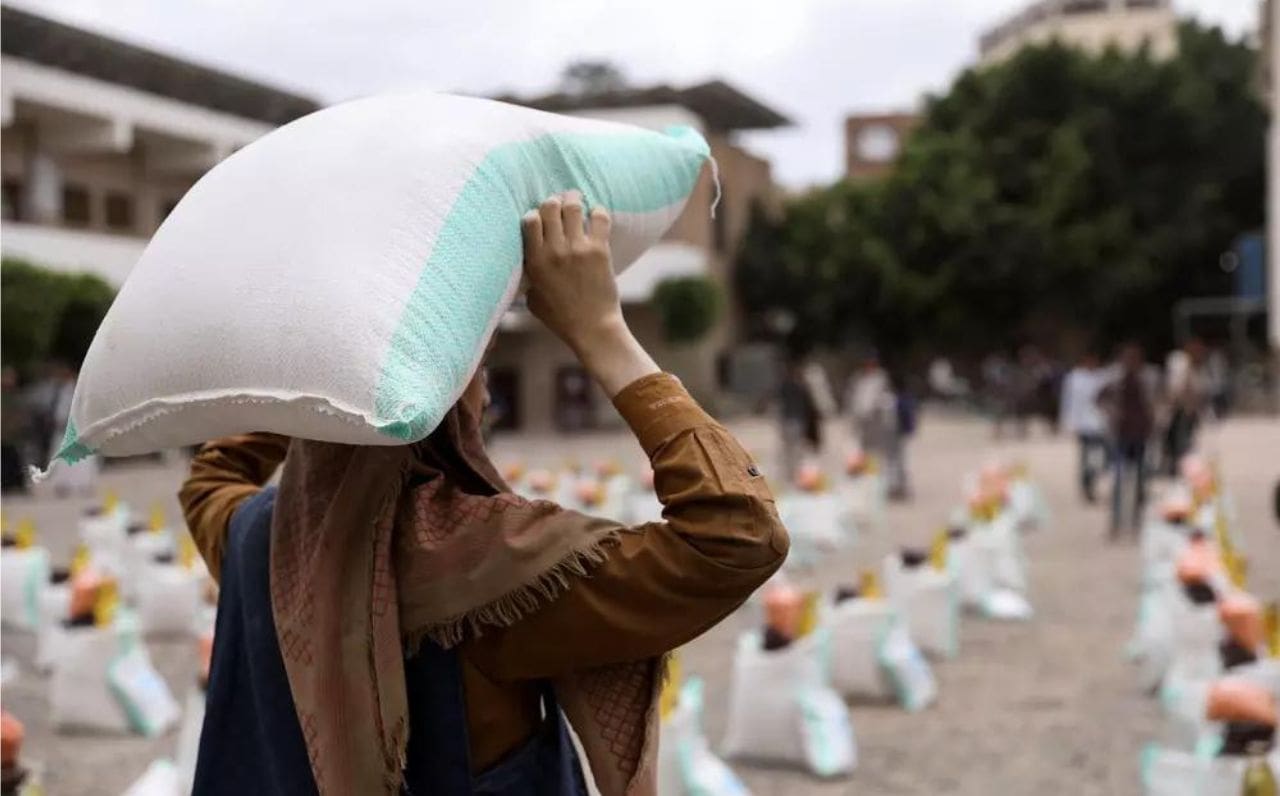Media suffocation

Taliban Crackdown on Media Worsens.
Taliban authorities in Afghanistan are threatening journalists and imposing strict new media guidelines that especially harm women, Human Rights Watch said today.
Taliban intelligence officials have made death threats against journalists who have criticized Taliban officials and have required journalists to submit all reports for approval before publication. New guidelines from the Vice and Virtue Ministry dictate the dress of female journalists on television and prohibit soap operas and entertainment programs featuring female actors.
“The Taliban’s new media regulations and threats against journalists reflect broader efforts to silence all criticism of Taliban rule,” said Patricia Gossman, associate Asia director at Human Rights Watch. “The disappearance of any space for dissent and worsening restrictions for women in the media and arts is devastating.”
Several journalists said that they have been summoned by local officials immediately after publishing reports on Taliban abuses. One journalist who had reported complaints about Taliban searching houses and beating people said that the deputy governor called him into his office and told him that if he broadcast anything like that again, “He would hang me in the town square.”
Other media staff have reported that heavily armed Taliban intelligence officials visited their offices and warned journalists not to use the word “Taliban” in their reporting but to refer to the “Islamic Emirate” in all publications. In one province, intelligence officials ordered local media to replace the word for suicide bomber with the word for martyr after a published report mentioned that Interior Minister Sirajuddin Haqqani had honored the families of suicide bombers.
In a directive issued November 21, 2021, the Taliban’s Ministry for the Promotion of Virtue and Prevention of Vice prohibited broadcasting any films deemed to be “against Islamic or Afghan values,” along with soap operas and dramas featuring women actors, and made the hijab – a head covering exposing the face – compulsory for women television journalists.
Editors and journalists have complained about the restrictive climate for the media. The chief editor for a provincial media outlet said that most of his colleagues had stopped working for their safety. “Access to information has become very limited,” he said. “Taliban local officials have instructed us to share our reports with them before publication.”
The Taliban have also pressed the media, especially in the provinces, to publish the reports they want and have ordered journalists in some instances to interview them. One journalist said: “After they threatened us with death, we published what they said. Now we broadcast Quranic verses at the beginning of the programs and naat [Islamic songs] because we fear for our safety.”
Many media outlets have closed their offices out of fear and are publishing only online. The chief editor for a women-led media office said that her staff use pseudonyms to hide their identities because the Taliban accuse them “of promoting Western values.”
Source & credit: HRW
Middle east

2021 Nov 23
Africa

2024 May 10
International, Americas

2024 Apr 16
Increasing Arrests and Faceless Victims Revealed in Latest Findings.
Middle east

2024 Feb 23
Escalating Hostilities Prompt International Concern
Africa

2024 Feb 20
SimilarNews
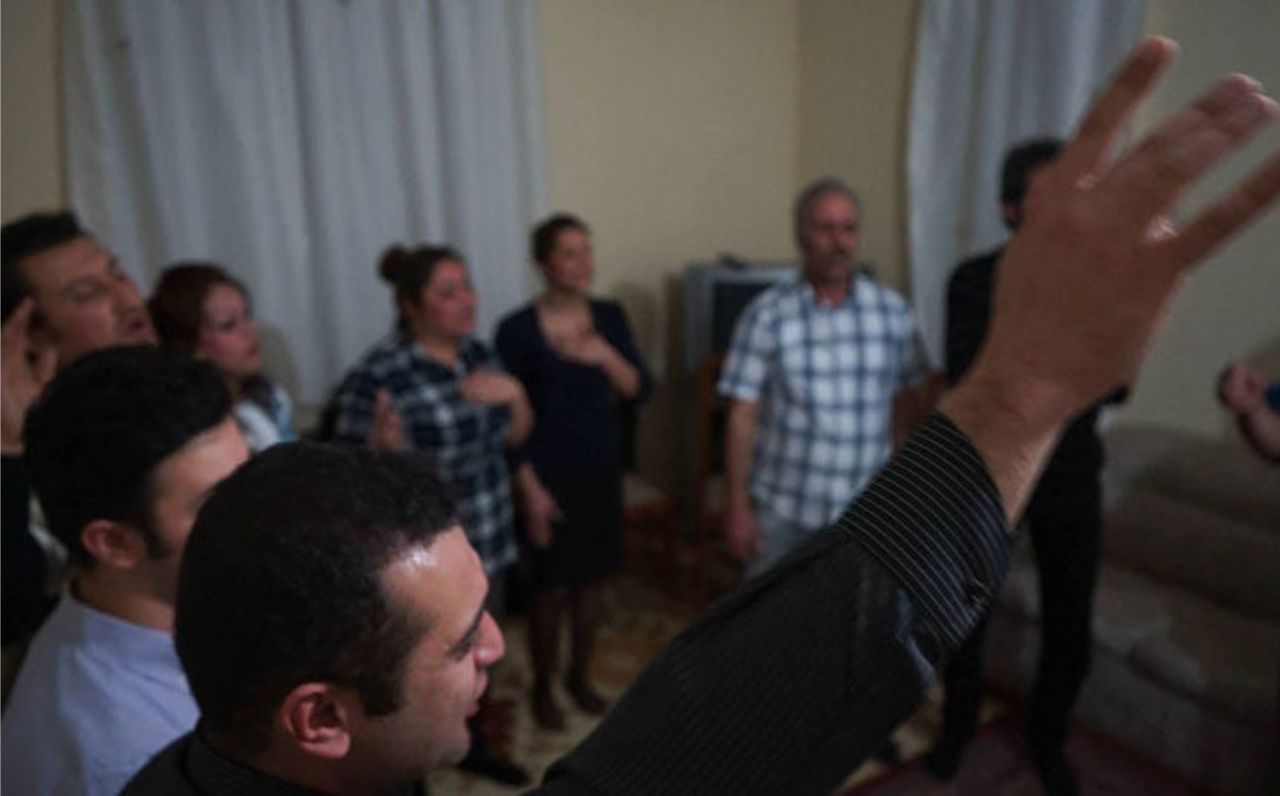 Report Highlights Rights Violations Against Christians in Iran
Report Highlights Rights Violations Against Christians in Iran Increasing Arrests and Faceless Victims Revealed in Latest Findings.
Middle east

2024 Feb 23
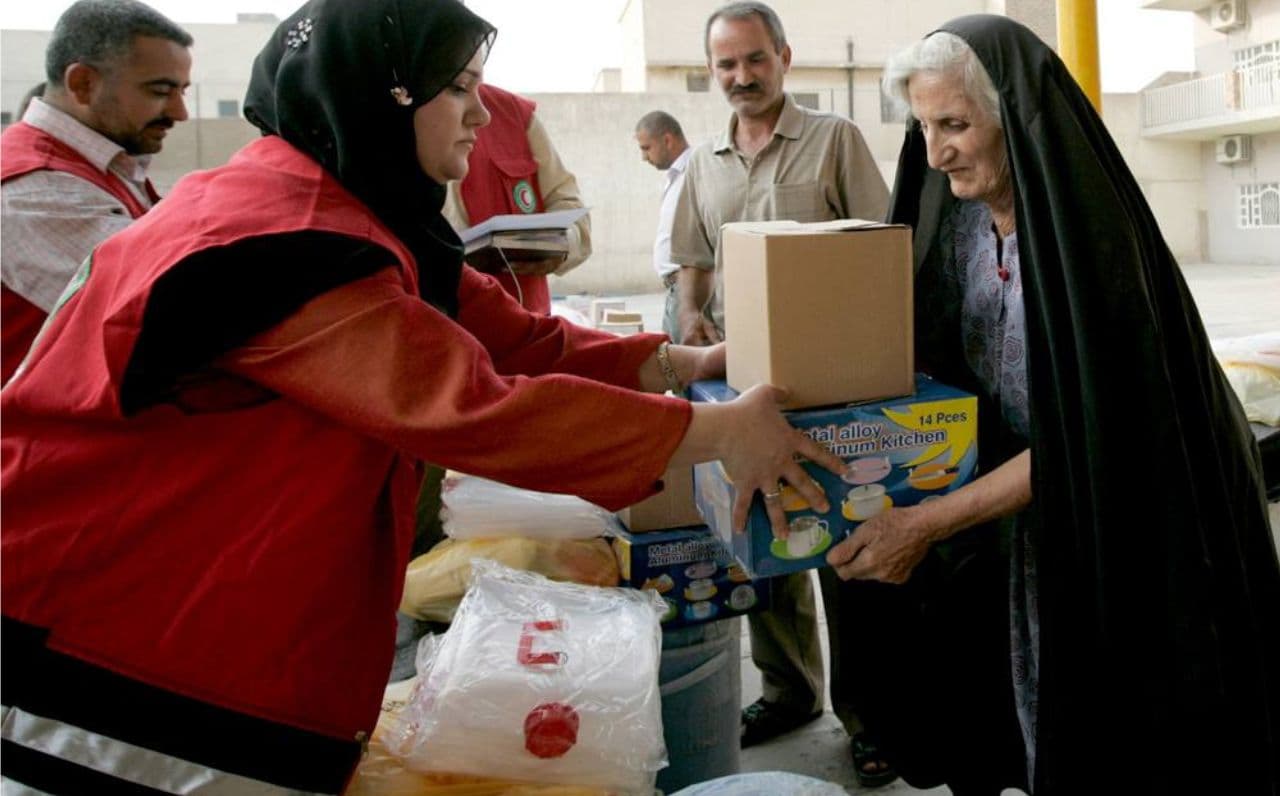 Coalition Strengthens Aid Efforts for Displaced Christians in Iraq
Coalition Strengthens Aid Efforts for Displaced Christians in Iraq Uniting to Provide Crucial Assistance Amid Ongoing Challenges.
Middle east

2024 Feb 19
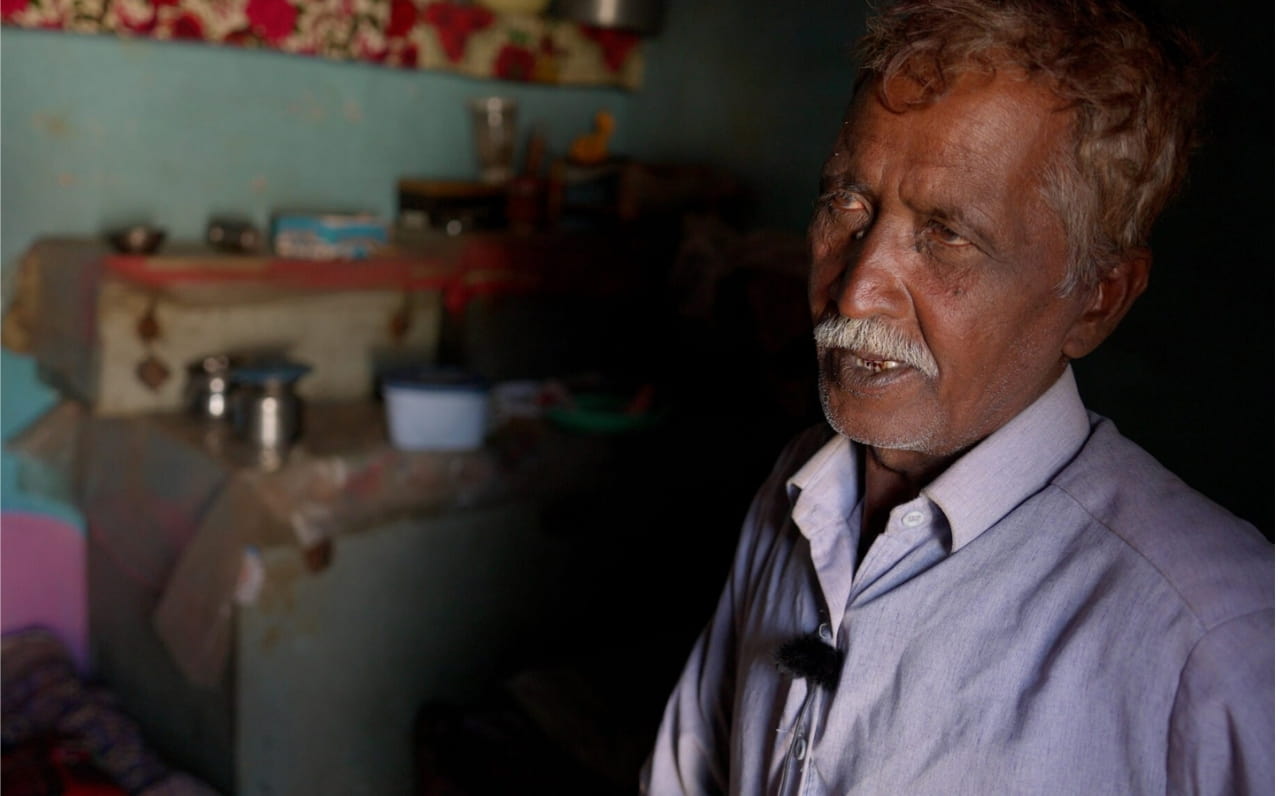 The Chains of Forced Labor and Persecution
The Chains of Forced Labor and Persecution Slavery Grips Pakistan's Christian Minority.
Middle east

2024 Jan 27
Concerns about the detrimental impact on civilians and IDPs.
Middle east

2024 Jan 26
Increasing deportation of Afghan immigrants from Iran and Pakistan.
Middle east

2023 Dec 02
